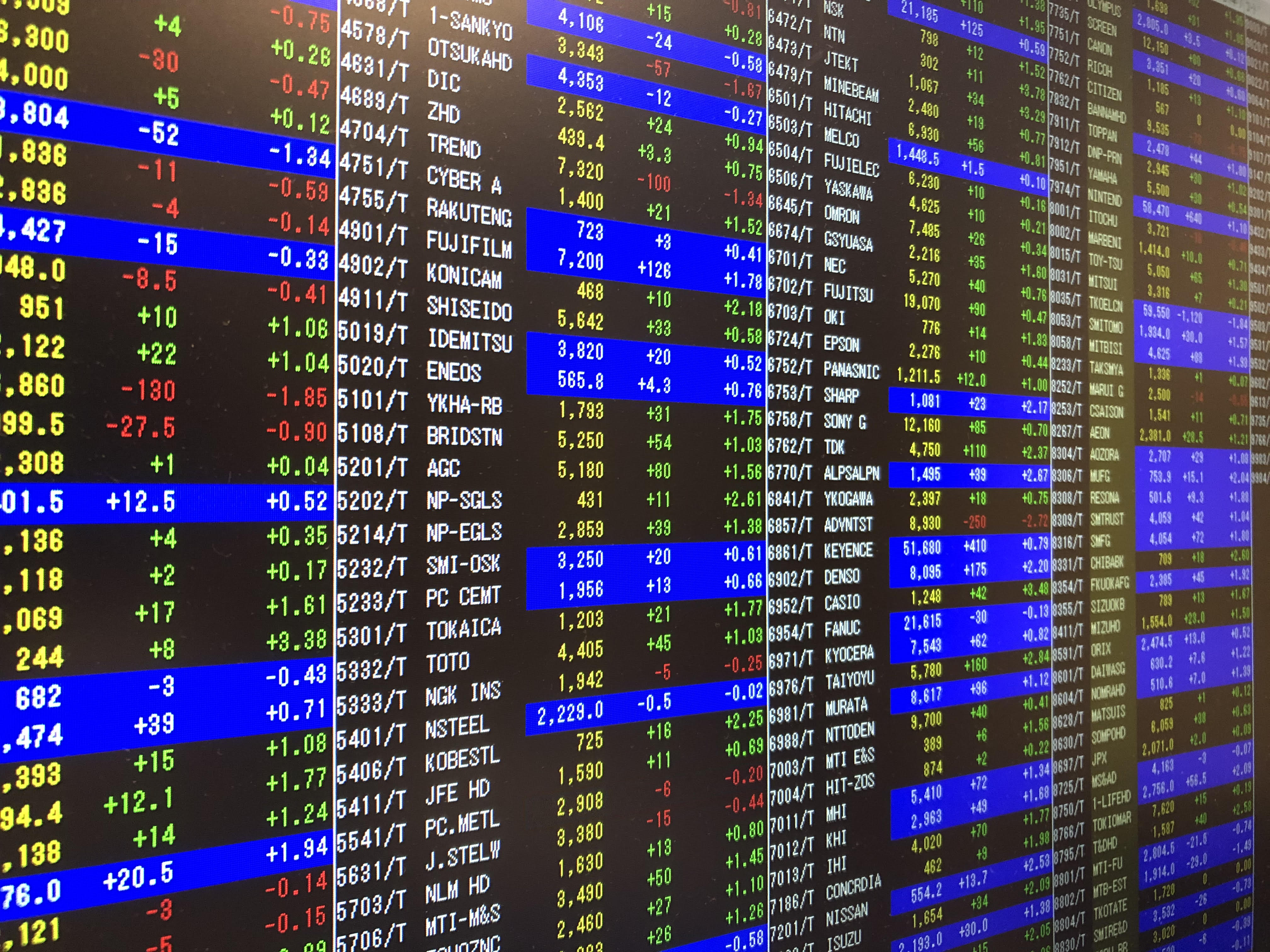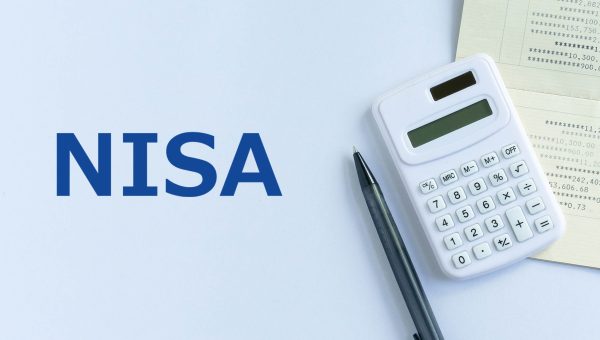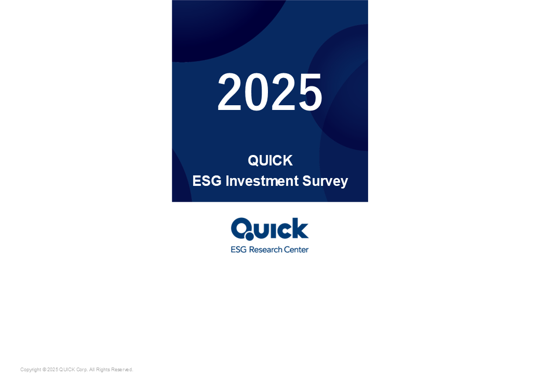Japan Markets ViewRoman Alphabet Characters Can Be Used in TSE’s Stock Securities Codes – From When? Why?
Jun 09, 2022

[Nikkei QUICK News] The securities codes that investors in Japanese stocks have become accustomed to will change starting in 2024. On May 31, the Securities Identification Code Committee announced that it will implement Roman alphabet characters into the securities codes assigned to companies approved for new listings in January 2024 and thereafter. The introduction of codes with alphabet characters has been discussed for over a decade. However, perhaps because the discussion itself was not well recognized, the market has been leaking a confused voice.
Preparing for Exhaustion
The change, which will be implemented in 2024, involves the use of alphabet characters for either or both of the second and fourth digits of four-character specific name codes for stocks. All alphabet characters are capitalized, and 19 letters which exclude seven letters such as “I,” which is easily confused with the number 1, and “Q,” which is easily mistaken for 9 in oral communication in Japanese, are used. Details such as the order in which alphabet characters will be used have not yet been decided, and are expected to be presented by the end of this year.
Investors who have been investing for more than 10 years are perplexed by the change in securities codes, saying, “The codes will be harder to remember and more difficult to type in when placing orders.” Many market professionals remember companies by their securities code, which is only a four-digit number. Another feature of the Japanese securities codes was that it could be entered using only the numeric keypad when placing orders or viewing information on financial information terminals. For this reason, many people find it troublesome to use alphabet characters.
Why is the securities code with alphabet characters implemented in the first place? The current code consists of four digits of numbers. Available numbers range from 1300 to 9999. In 2018, over 2,000 were available, but by the end of 2021, the number had decreased to the remaining 1,522. Basically, there was a risk that the codes would eventually run out because they were not reused even if the companies were delisted.
Therefore, the use of alphabet characters in securities codes has been discussed since 2009. In 2010, the Securities Identification Code Committee published the “Specific Setting Method” for the use of Roman alphabet characters, which is the basis for the content of this decision. Since then, they have had detailed discussions to prepare for code exhaustion.
Concerns about Systems Failure
Traditionally, the implementation of alphabet characters was planned after the depletion of the 4-digit numeric code. However, based on comments from market participants that it would be easier for the system to respond to a specific date for the implementation of alphabet characters, the Securities Identification Code Committee has decided to consider the prompt action.
The challenge will still be to raise awareness and ensure that the system is fully supported. On February 16, 2022, the Securities Identification Code Committee began to seek broad public comments regarding the implementation of alphabet characters in securities codes. Only two companies received only three opinions gathered during the one month ending March 16. Some market participants even said they were unaware of the discussion itself.
“I hope there won’t be some kind of systemic failure associated with the implementation of alphabet characters in securities codes,” one local securities dealer said.
Securities codes are used in various aspects of securities operations, from placing orders to clearing. Hence system modifications, including securities brokers and information vendors are needed. Based on the decision to implement alphabet characters, the Securities Identification Code Committee will promote users’ system modifications and inspections and reviews of their workflow. More active publicity for the implementation of alphabet characters will likely be needed to avoid confusion, including among individual and foreign investors.
NQN News on QUICK Data Factory
https://corporate.quick.co.jp/data-factory/en/product/data017/




